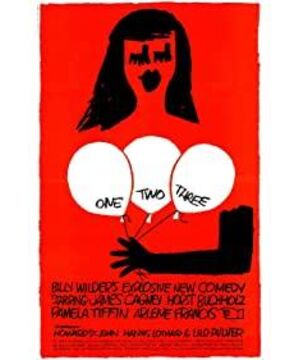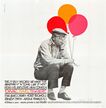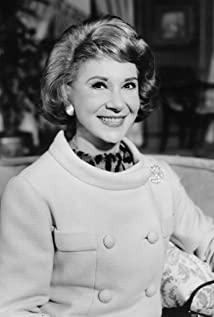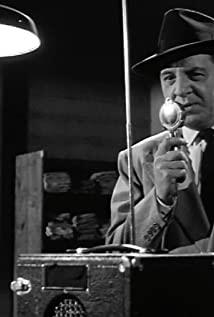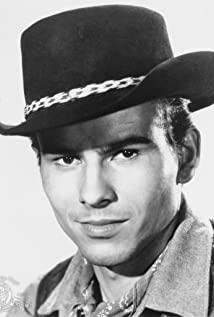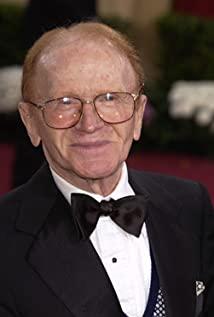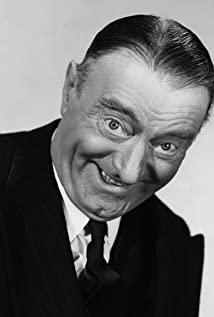The quality of the film is not actually Billy's pinnacle. The whole film became a sub-collection. It is not that many of the jokes are from this film, but Billy directly quoted the jokes of the time to borrow flowers to present the Buddha, just like quoting Wagner's "Valkyria" and Khachaturian's "Saber Dance". But in fact, there is not much thinking about human nature in the whole film, which is not comparable to "Sunset Boulevard", "Prosecution Witness", "Peach Apartment" and other films.
This time Billy played the role of an ideological propagandist. On the one hand, he extremely beautified the "savior" who implemented the Marshall Plan; on the other hand, he did his best to vilify the Soviet Union and East Germany. Of course, many satires are not groundless. For example, isn't the scene of Soviet committee members taking off their shoes on a wine table and tapping on a déjà vu? The missile test was successful, the satellite went up to the sky, and the Soviets' pretentious and indomitable mentality was also reflected in the film.
The film is still Billy's continuous dialogue, which is breathtaking, and there are many humorous and witty dialogues. But there are still too many paragraphs, which makes the whole film a hodgepodge of stereotypes. Perhaps the film should be viewed as a comedy, but in the international environment at that time, no one would treat it as a mere comedy. It undoubtedly carried too much political propaganda. And this kind of jokes and stereotypes are not helpful except for intensifying the confrontation of the cold war.
View more about One, Two, Three reviews


